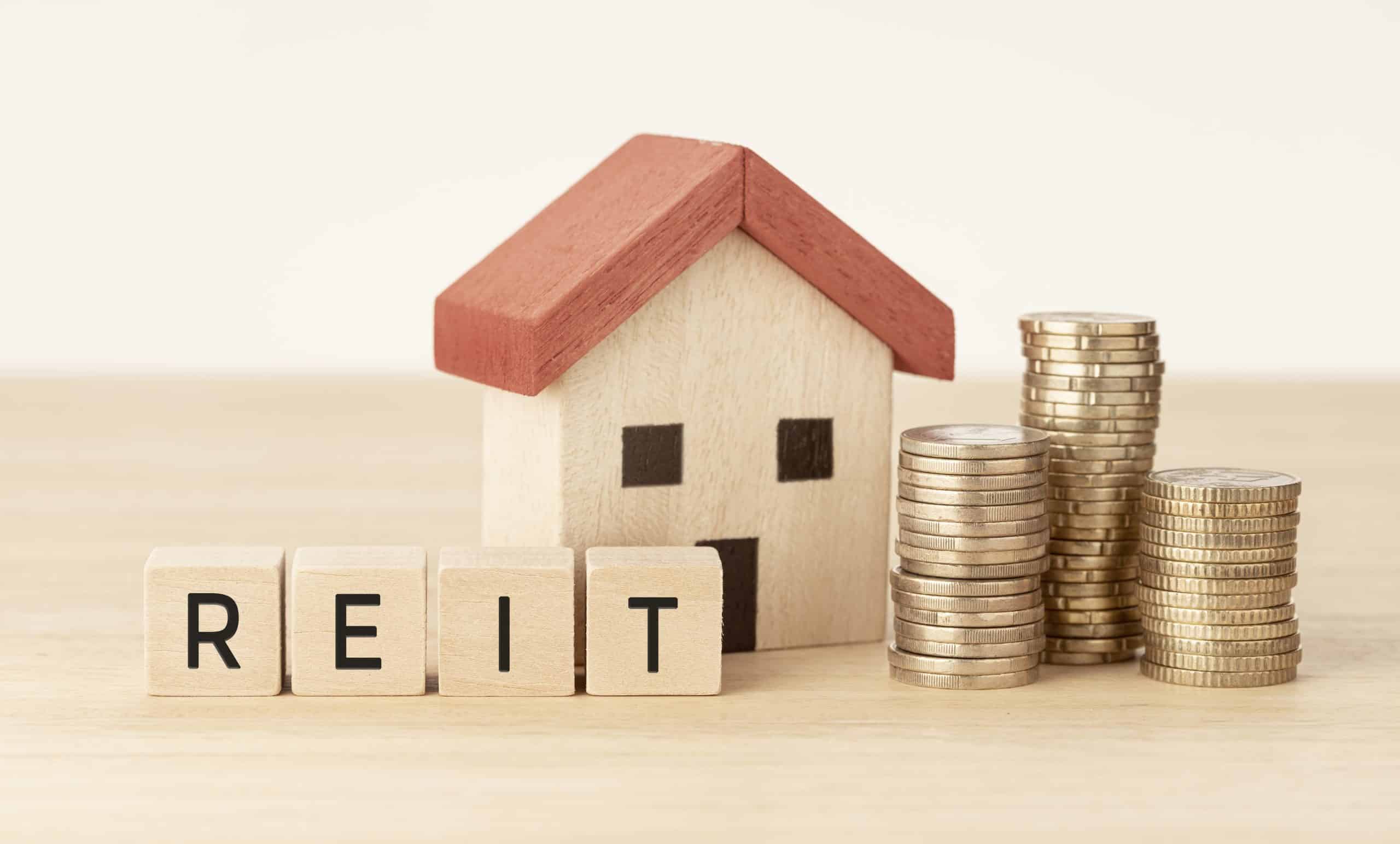How Can Real Estate Investment Trusts (REITs) Drive Sustainable Development?

In a world where sustainable development has become a priority, various sectors and industries are under the spotlight to contribute towards achieving this goal. One such sector is Real Estate Investment Trusts (REITs). Due to their investment in buildings, which consume considerable energy, their impact on environmental sustainability is significant. This article sheds light on how REITs can drive sustainable development through various means. We’ll explore the role of REITs in promoting green buildings, the market performance of sustainable REITs and how investors can use this information for their investment decisions.
The Role of REITs in Promoting Green Buildings
REITs are companies that own, operate or finance income-generating real estate. Due to their vast investment in buildings, they have a significant role to play in promoting green buildings.
A lire également : How to Leverage Pop-Up Spaces for Dynamic Urban Real Estate Development?
Green buildings are constructions that are environmentally responsible and resource-efficient throughout their life-cycle. They are designed to reduce the overall impact on human health and the natural environment.
REITs can drive sustainable development by investing in green buildings. By ensuring that their real estate portfolio comprises mostly or entirely of green buildings, they can significantly reduce the environmental impact.
A lire aussi : How to Develop Real Estate Projects That Cater to Remote Work and Digital Nomads?
REITs can also influence the construction market by demanding buildings that are more sustainable. They can set green criteria for the buildings they invest in, such as efficient energy use, water conservation, waste management, and integration of renewable energy sources.
Google Scholar and Crossref provide numerous studies highlighting the environmental benefits of green buildings. These benefits include reduced energy use, decreased carbon emissions, water conservation, improved indoor environmental quality, and enhanced occupant comfort and health.
Financial Performance of Sustainable REITs
There has been a growing interest in investigating the financial performance of REITs that invest in green and sustainable buildings.
Several studies suggest that REITs with a higher proportion of green buildings in their portfolio tend to outperform those with fewer or no green buildings. This could be because green buildings attract tenants who are willing to pay a premium for the environmental benefits, leading to higher rental income for the REITs.
Moreover, green buildings often have lower operating costs due to energy and water efficiency. This can translate into higher net operating income for the REITs.
It is also important to note that sustainable REITs can benefit from various incentives and subsidies from governments and environmental agencies. For instance, they can qualify for tax credits, grants, and low-interest loans for green building projects.
ESG Considerations for REIT Investors
Environmental, Social, and Governance (ESG) factors have become increasingly important for investors in recent years. ESG investing involves considering these factors alongside financial factors in the investment decision-making process.
For REIT investors, ESG considerations can be particularly relevant. This is because real estate assets have a direct and significant impact on the environment, communities, and various stakeholders.
From an environmental perspective, investors may look at the REIT’s efforts towards promoting green buildings, reducing energy consumption and carbon emissions, and managing waste effectively.
From a social perspective, investors may consider how the REIT’s properties impact the local communities, whether the REIT ensures safe and healthy living conditions for its tenants, and how the REIT handles relations with its stakeholders.
From a governance perspective, investors may consider the REIT’s board composition, executive compensation, shareholder rights, and transparency in its operations and financial reporting.
The Impact of REITs on the Sustainable Development Market
The market for sustainable development is growing rapidly worldwide. As one of the largest consumers of energy, the real estate sector, through REITs, can significantly influence this market.
When REITs invest in green buildings, they directly contribute to the growth of the sustainable development market. This investment stimulates demand for green building materials, energy-efficient appliances, renewable energy technologies, and other products and services related to sustainable construction and operation of buildings.
Furthermore, REITs can indirectly influence the market by raising awareness about sustainable development. As publicly traded companies, REITs can use their visibility to advocate for green buildings and sustainable practices in the real estate sector. This can inspire other companies and individuals to adopt sustainable practices, thereby further expanding the market.
In summary, REITs can drive sustainable development by investing in green buildings, demonstrating superior financial performance, considering ESG factors in their operations, and influencing the sustainable development market. All these factors make REITs an important player in the journey towards a more sustainable world.
The Role of REITs in Reducing Climate Change Impact
Real Estate Investment Trusts (REITs), through their control of a considerable amount of real estate, have a significant role to play in reducing the impact of climate change. This is accomplished by investing in green buildings and implementing energy-efficient measures in their existing portfolios.
Green buildings follow a design philosophy that minimizes the negative impact on the environment. They are powered by renewable energy sources, have excellent insulation to reduce energy demands for heating and cooling, use water efficiently, and incorporate other sustainable practices.
REITs can demand higher standards for the buildings in which they invest. They can stipulate that builders conform to green building standards before they invest, thereby encouraging the construction industry to adopt sustainable practices.
In a world increasingly concerned with climate change, investing in green buildings not only helps reduce carbon emissions but also makes financial sense. Numerous studies on Google Scholar and Scholar Crossref have shown that green buildings tend to have higher rental values and lower vacancy rates, contributing to competitive financial performance for REITs.
The Importance of Corporate Social Responsibility for REITs
Corporate Social Responsibility (CSR) has become a critical factor for businesses in the 21st century. CSR refers to a company’s commitment to making a positive social impact and minimizing its negative effects on the environment. For REITs, this involves investing in green buildings, reducing energy consumption, and ensuring good corporate governance.
REITs can demonstrate their commitment to social responsibility by including a significant percentage of green buildings in their portfolio. They can also implement energy efficiency measures in their existing buildings, thus reducing energy consumption and contributing to climate change mitigation.
Another aspect of CSR for REITs is ensuring good corporate governance. This includes having a diverse and competent board, transparent financial reporting, and fair treatment of shareholders. Good corporate governance can enhance the trust and confidence of investors, thus attracting more investment and driving the growth of REITs.
Conclusion: The Role of REITs in Sustainable Development
In conclusion, Real Estate Investment Trusts (REITs) have a pivotal role to play in driving sustainable development. By investing in green buildings, they can reduce their environmental impact and contribute to climate change mitigation. Furthermore, by considering Environmental, Social, and Governance (ESG) factors in their operations, they can demonstrate their commitment to social responsibility and attract more investment.
The financial performance of sustainable REITs provides a compelling case for the adoption of sustainable practices in the real estate sector. Investors can benefit from higher rental income, lower operating costs, and various incentives and tax credits related to green building projects.
The influence of REITs on the sustainable development market can stimulate the growth of this market, inspiring other companies and individuals to adopt sustainable practices. By shaping the real estate market towards sustainability, REITs are playing a crucial role in the journey towards a more sustainable world. Moving forward, it is crucial that REITs continue to make sustainable choices, securing a more resilient future for the next generation.
